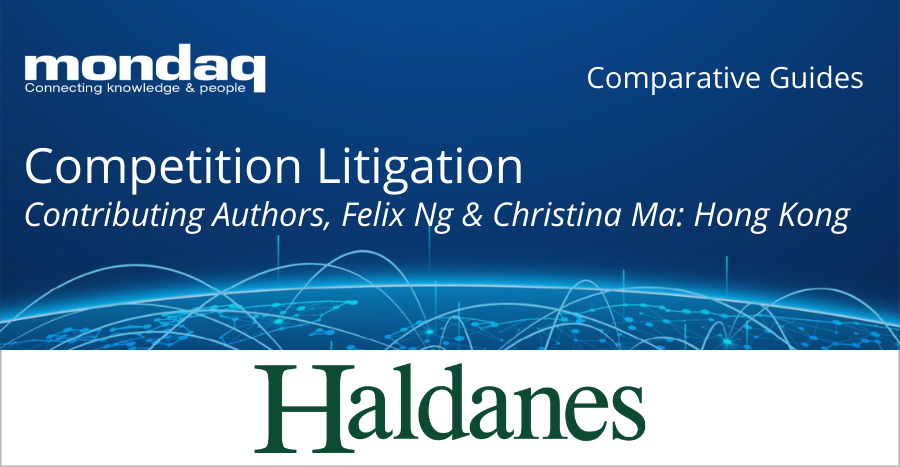RTHK interview on amendments of Companies Ordinance
The Hong Kong SAR Government recently proposed amendments to the Companies Ordinance (“CO”; Cap. 622) which seek to restrict public access to personal particulars of company directors on the Companies Register. This controversial proposal is against the backdrop of RTHK journalist Bao Choy Yuk-ling’s recent conviction of making alleged false declarations when conducting car registration search.
Our criminal litigation partner Felix Ng was interviewed by RTHK television program “Viewpoint 31 (視點31)” and critically assessed various draft CO provisions:
Proposed CO amendments
1. Restricted Access to residential address & full ID numbers
Pursuant to section 54 of the new CO, the usual residential address of a director and the full identification numbers of any person (“Protected Information”) will not be made available for public inspection
2. Correspondence Address
For directors, the new CO requires the provision of correspondence addresses in addition to usual residential addresses. Only the directors’ correspondence addresses will be shown on the Companies Register
3. Partial ID numbers
Certain digits in the ID numbers will be masked, and only partial ID numbers (e.g. A123**()) will be shown on the Companies Register for public inspection.
Timetable
According to documents submitted by the Financial Services and the Treasury Bureau to the Legislative Council, the new arrangements will be enforced in three phases:
- Phase 1 (Immediate): Companies will no longer be required to provide Protected Information for public inspection
- Phase 2 (October 2022 onwards): Protected Information contained in all documents filed for registration will be restricted from public inspection.
- Phase 3 (December 2023 onwards): Companies can apply to have Protected Information in all documents filed before the commencement of Phase 2 to be shielded from public inspection.
With the personal data of over 1 million directors and former directors currently recorded on the Companies Register, government officials described the move as “an attempt to strike a balance between transparency and the protection of privacy”.
Transparency v.s. Privacy
During the program, Felix commented that while the restricted access to Protected Information may somewhat mitigate the risks of personal data abuse or doxxing, legitimate work conducted by lawyers and other professionals could be prejudiced:
- Know Your Client (KYC) and Anti-Money Laundering due diligence work in new client matters;
- Background check against potential counter-parties in investigations and litigations;
- Assessment of merits of litigation against potential defendants;
- Identification of criminal suspects, particularly on corruption, fraud, money laundering and other commercial crimes.
It is, therefore, imperative to strike a sensible balance between the need for transparency and accountability of company directors on one hand, and the protection of privacy on the other.
Exempted Persons
Pursuant to sections 52 and 59 of the new CO, a creditor of the company concerned or any other person having a sufficient interest may apply for a court order for disclosure to gain access to Protected Information.
It is also proposed that in the subsequent CO subsidiary legislation, the following categories of persons will be allowed access to Protected Information:
- data subjects
- authorized persons by data subjects
- members of a company
- liquidators
- trustees of bankruptcy matters
- public officers
- public bodies; and
- other specified persons etc
Felix commented that it would be highly unsatisfactory that licensed professionals are not included in the Exempted Persons category, such as qualified solicitors, barristers, accountants, licensed SFC and HKMA representatives. These professionals’ credentials and information are publicly available, and they could be easily held accountable should any illicit search in the Companies Register take place.
For details of our Criminal Defence practice, please click here


